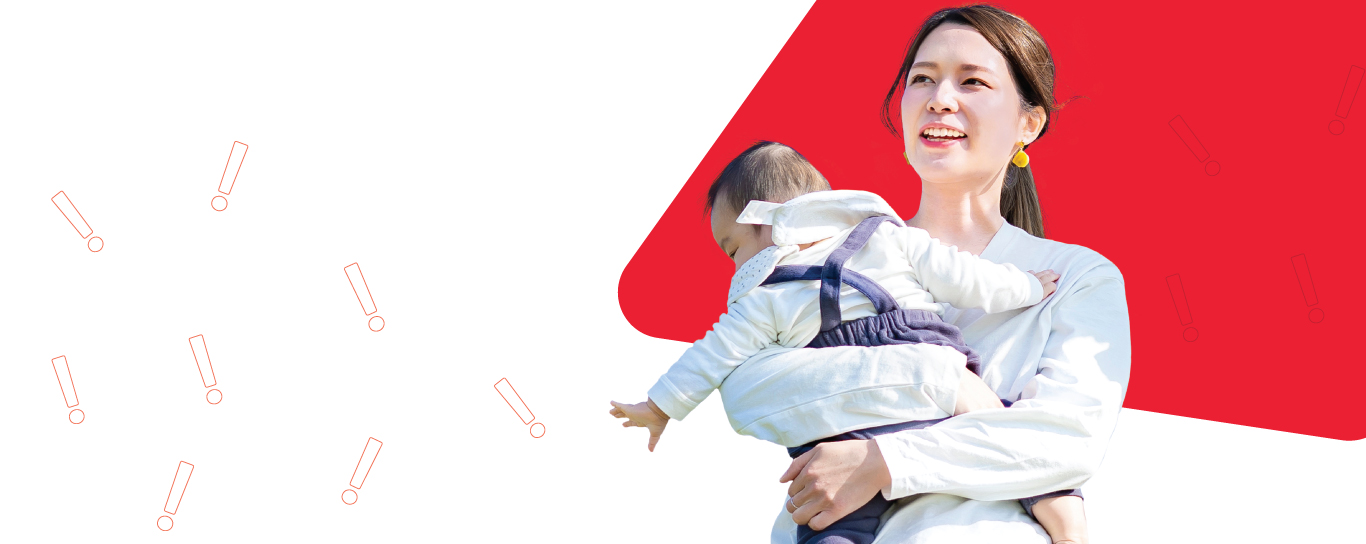
Why is RSV a serious health concern for your children?
Respiratory Syncytial Virus (RSV) is highly infectious especially in young children and has suddenly become a priority concern for any parent. Children under 5 years of age with weak immune systems are considered to be a high-risk group for contracting bronchiolitis and pneumonia as a result of the virus. These diseases, in turn, could become chronic or even lead to death when left untreated.
Let’s move on to learn more about the virus, prevention methods and best treatments for your children.
What are the symptoms of RSV?
The incubation period of RSV is around 3-6 days, and the symptoms of the first stage of infection will show around a week after.
Here are the common symptoms of an RSV infection:
-
Runny nose and wheezing
-
Coughing and sneezing
-
Decreased appetite
However, do not be alarmed if your child starts experiencing the above symptoms. These are only mild symptoms that show in the early stages of the infection, and usually, your child will be able to recover within two weeks.
Instead, you should look out for the following symptoms that are much more indicative of a serious RSV infection:
Symptoms that require immediate medical treatments:
-
Shortness of breath or difficulty breathing, which is commonly caused by bronchiolitis and pneumonia
-
Prolonged coughing and sneezing for over two weeks
5 Best prevention tips against an RSV infection
Healthy children with excellent fitness, however, also need to follow the prevention guidelines. Making sure that your child gets at least 8 hours of sleep each night can go a long way to keep them healthy and free of viruses like RSV.
Make sure to apply the following 5 steps for a healthy routine at home:
1. Wash your hands regularly
2. Wear a face mask when you are not at home
3. Avoid crowded spaces and air pollution
4. Make sure that all your children’s toys are clean
5. Avoid unnecessary physical contact with strangers
Who are the risk groups for RSV?
1. Premature babies who were born with a weak immune system, heart disease and lung disease may acutely suffer from RSV.
2. Children under 5 years of age with weak immune systems are not properly taking care of themselves. They need to be guided by their parents. For this reason, if your children are under the age of 5, you need to take extra precautions to protect your child from an RSV infection.
3. People who were born with lung and heart diseases need to be aware of RSV infections to avoid serious symptoms.
3 Simple home treatments for RSV patients
To ensure that your child has a speedy recovery from an RSV infection, here are 3 simple home treatments you can follow:
1. Use a bronchodilator when suffering from shortness of breath
2. Take flu or sore throat medicine, prescribed by a medical professional
3. Drinking fresh water regularly to drain out the phlegm
Can your children get reinfected with RSV?
There is no guarantee of immunity after recovering from RSV. Since reinfection of RSV cannot be completely avoided, it is important to make sure that your children grow up with stronger immune systems through enough sleep, a healthy diet and regular exercises.
